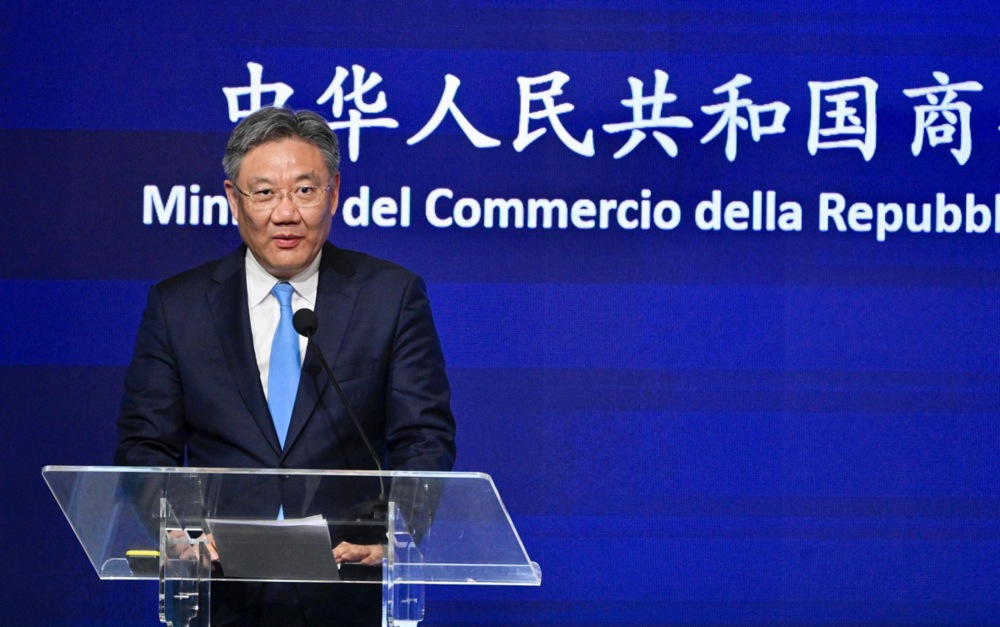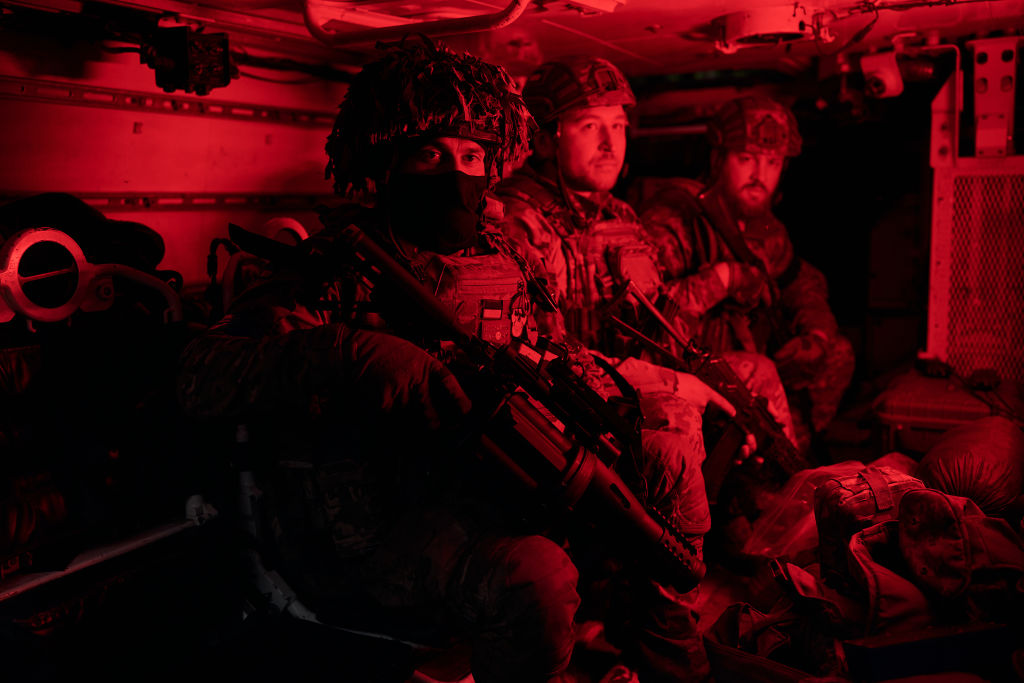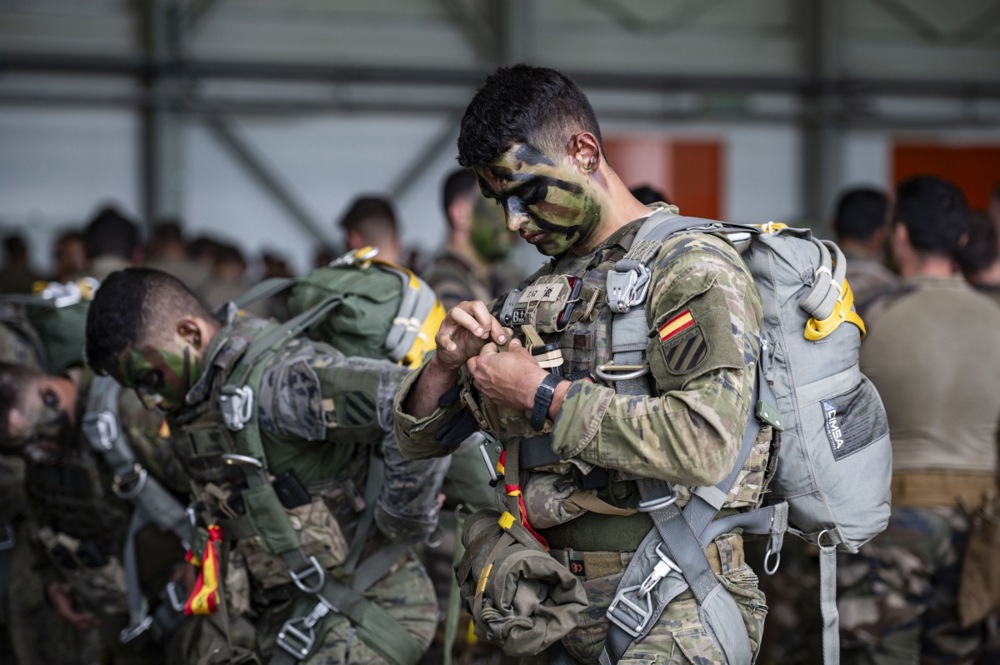NATO has raised its tone against China at the current summit in Washington in contrast to the conference held in Madrid on June 29-30, 2022.
At the time, China was seen as an economic adversary with belligerent possibilities, but to a certain extent also as a partner with whom NATO had to come to terms.
In 2001, the United States itself sponsored China’s membership in the World Trade Organization (WTO) with the naïve intention of keeping the Asian giant under its wing.
Since then, the Chinese economy has soared with annual growth peaking at 14.2 per cent of GDP in 2007.
In 2022, China grew by 5.5 per cent while the United States barely passed 2 per cent (2.1).

The USDA Economic Research Service, based on 2021 data, predicted that China’s GDP would surpass that of the United States by 2030.
“The world’s factory,” as China is known, has stagnated in recent years, compared to the exorbitant numbers of a decade ago. Even so, it is now the second largest economy behind the United States.
In terms of debt, according to 2022 data, China was the top foreign country holding U.S. debt at 9.5 per cent, followed by Japan at 8 per cent.

This indicates the extent to which the American and Chinese economies are more intertwined than the official narrative implies. Both countries need each other. The United States produces in China, China sells its products mainly in the West. It is a symbiosis which would be hard to destroy.
According to the military analysis portal Deagel, China is also the third most militarily powerful country after Russia and the United States.
That is why Washington’s statement also strengthened earlier NATO language on China, now calling it a “decisive enabler” of Russia’s war in Ukraine and saying Beijing continues to pose systemic challenges to Euro-Atlantic security.
Leaders of the military alliance called on China “to cease all material and political support for Russia’s war effort.” They also accused Iran and North Korea of “fuelling Russia’s war in Ukraine” by providing direct military support to Moscow.

The concern is real. The Council on Foreign Relations (CFR), the private body of which America’s leading economic and political figures are members, has launched ‘China Strategy Initiative’ in order to conduct unprecedented political and economic intelligence monitoring.
“Competition with China poses a challenge unlike any the U.S. has faced before,” they acknowledge on their website.
On the other hand, China has its own strategy that should not be overlooked in order to understand the race that is taking place.
The Chinese government set two goals to be achieved by 2021 and 2049, marking the 100th anniversaries of the Chinese Communist Party and the Republic of China, respectively.
By 2021, the Chinese government aimed to “build a moderately prosperous society in all respects,” with a focus on targeted poverty reduction.
By 2049, the Chinese government aims to “build a modern socialist country that is prosperous, strong, democratic, culturally advanced, and harmonious.”
This rhetoric hides Beijing’s intention to become a world power, trying to match the image of the United States from the other side of the mirror. It can be said that we are witnessing the construction of “one world, two systems.”
The development in Asia of the “New Silk Road Initiative,” also called the Belt and Road Initiative, is a clear example of this.
In order to overtake the United States, China needs to build international institutions parallel with the existing ones that influence other nations, as the United States does through the United Nations (UN) and World Health Organization (WHO), also the International Monetary Fund (IMF) and World Bank (WB) created after the 1944 Bretton Woods Agreement.
Evidence for this can be taken from the Asian Infrastructure Investment Bank (AIIB) created in 2014 in the image of the IMF.
The wars waged by the United States over the past 20 years in Central Asia have been an attempt to curb China’s presence in the region. The American war in Afghanistan must be considered a failure, given the current alliance between the Taliban and the Chinese government.
Morocco’s strengthening military agreements with Israel — which followed the handover of the Western Sahara to Morocco by the Spanish government following Donald Trump’s recognition of Morocco’s claim to the territory — is linked to the increased presence of China and Russia on a continent hitherto dominated by Western powers.

All this is raising the tension between America and China to unprecedented levels. China’s increasingly evident intentions to occupy Taiwan and its expansion into the China Sea worries U.S. allies in the area whose objective since 1945 has been to contain the Chinese giant’s expansion across the Pacific Ocean.
Military analysts point out that the gradual withdrawal of the United States in Ukraine, forcing the European Union to become more involved, is directly related to the need to strengthen the Asian front.
The economic war that the European bloc is currently engaged in with China deserves special mention. Tariffs on Chinese electric cars or reductions in imports of European pork to China are just the beginning of a confrontation that is set to escalate.
For the time being, the enemy to be defeated by NATO is Russia, but there is no doubt that China is behind Russia, and this is what will eventually worsen the relationship between the two blocs.
Never has a superpower ceased to be such without going to war with other superpowers. The leadership of the United States is faltering globally, although it has consolidated its dominance over the West since the war in Ukraine.
The International Campaign to Abolish Nuclear Weapons (ICAN) said Russia, the US, France, India, China, Israel, the UK, Pakistan, and North Korea spent a total of $91 billion on nuclear weapons last year alone.
Read the full article ?? https://t.co/1bRffKpmNC pic.twitter.com/eHs8fnUm2G
— Brussels Signal (@brusselssignal) July 10, 2024





